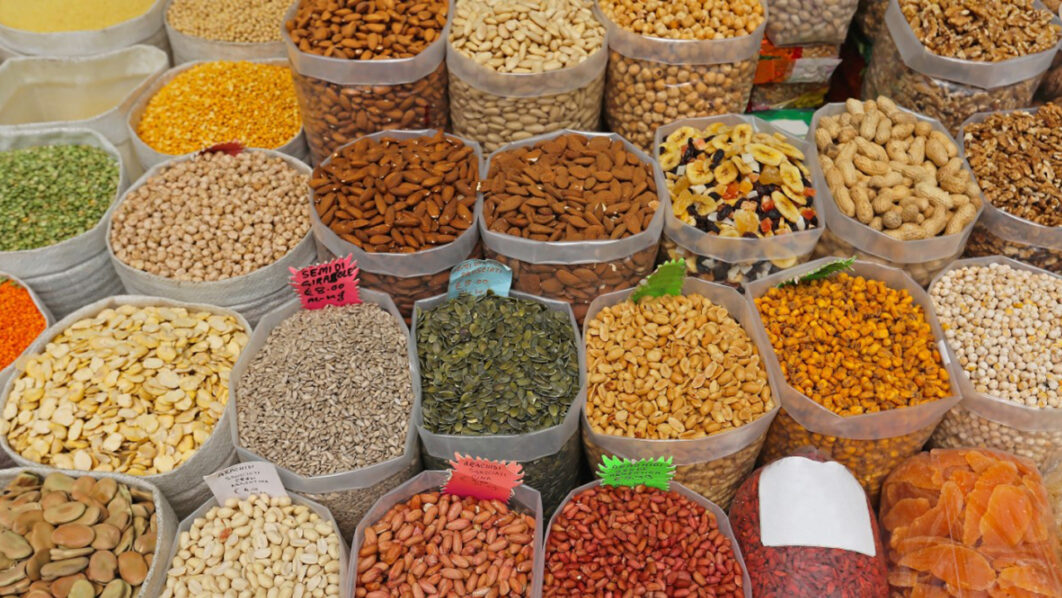
A consortium of stakeholders across Africa have drawn a seed roadmap aimed at catalysing an agricultural revolution in Africa by establishing an economically sustainable seed system for priority crops like rice, fish, beans, cassava, sorghum/millet, maize, soybeans, and wheat.
The stakeholders include, the Government of Kenya through the Ministry of Agriculture and Livestock Development (MOALD), Kenya Agricultural and Livestock Research Organisation (KALRO), Kenya Seed Company Limited, and Technologies for African Agricultural Transformation (TAAT) of the African Development Bank.
Others are the Kenya Plant Health Inspectorate Service (KEPHIS), the Agriculture and Food Authority and the Transforming Ecosystems for Jobs in Agriculture through Technology and Innovation Initiative (TEJATI) .
At a three-day Seed Business Summit, with the theme: “Building a Harmonised Roadmap for Seed Sector Transformation,” which ended on Thursday, in Eldoret, Kenya, the Head of TAAT Clearinghouse, Dr Solomon Gizaw, said the summit represents a direct response to the need to hold a more comprehensive audience consultation to identify major challenges, develop solutions, and advocate for more investments in the continent’s agriculture.
Gizaw added that at the seed business summit, ideas on best practices on innovative technologies for the selected crops and how their deployment can be scaled up in Kenya to strengthen the country’s food productivity and production were shared.
The TAAT Policy Compact Leader, Dr Francis Nang’ayo, explained that seed summit produced outcomes that will form the basis of future investment in Kenya’s seed system, noting that it also produced recommendations to help forge a roadmap to feed into the country’s agricultural policies and plans.
The Kenyan Cabinet Secretary for Agriculture and Livestock Development, Dr Andrew Karanja, chaired the summit’s closing ceremony, with support from County Governors, other dignitaries and development partners.
In addition to the conveners, several national stakeholders, including farmers, seed producers, and International Development partners, participated in the summit.
They included the African Development Bank (AfDB), the Bill and Melinda Gates Foundation, the Food and Agriculture Organisation (FAO), the World Bank, the European Union, the World Food Programme (WFP), the United States Agency for International Development (USAID), GIZ, and JICA.
Others include the African Agricultural Technology Foundation (AATF), the International Crops Research Institute for Semi-Arid Tropics (ICRISAT), the World Vegetable Centre (WorldVeg), the International Livestock Research Institute (ILRI), the WorldFish Centre, the Alliance of Bioversity International and CIAT, and the International Centre for Agriculture in the Dry Areas (ICARDA).






